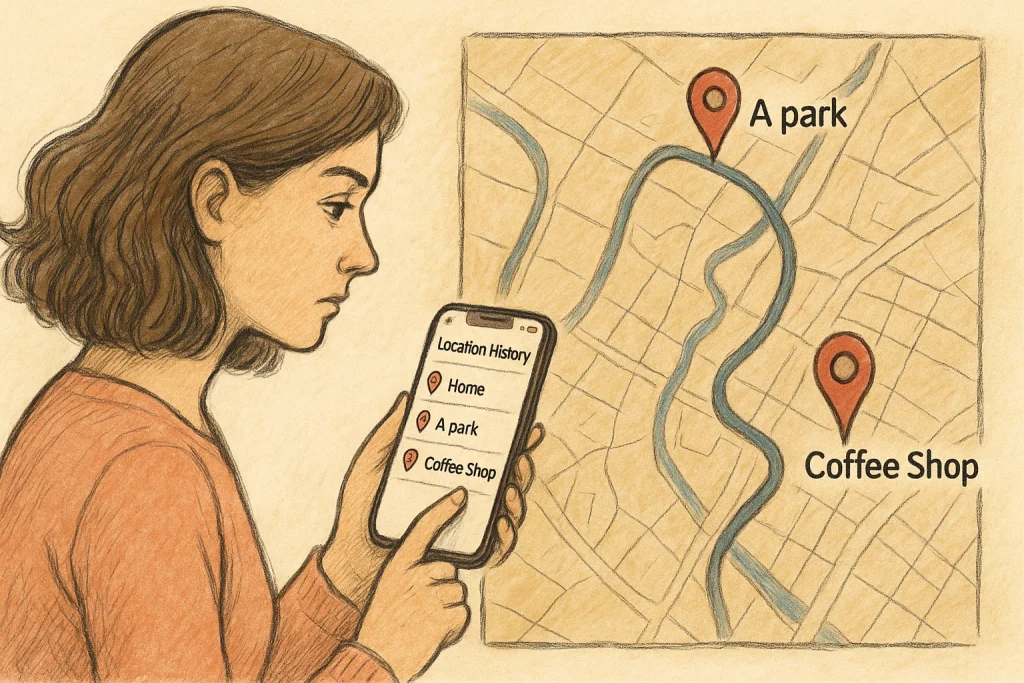As Mark Twain said, “If you tell the truth, you don’t have to remember anything.” But if you remember everything (or, at least, as much as possible), life gets a whole lot easier and often more fun. Memory may shape what we know, but what is more, it is about how we connect with one another and make sense of the world.
When memory fails, so do our lives, and boosting its capacity is a necessity, not a simple wish. So as to improve memory functions, it might be reasonable to use reliable tools like online programs and free memory games. The latter may indeed be about fun challenges that work, but is there science behind their efficiency? Let us see.

The Science of Memory Training: How Does Your Memory Work?
The brain may not be considered a “storage” box, for it is a sophisticated machine that operates on networks of neurons, constantly processing, organizing, and linking information rather than merely holding it. Every experience, fact, or skill is imprinted on these connections, gradually expanding the networks and practicing how to manage information in the end.
Essentially, scientists often divide memory into three main types:
- Short-term memory that holds small pieces of information for a few seconds, like remembering a phone number just long enough to dial it.
- Working memory that helps one actively use and manipulate information, like solving a puzzle or doing math in one’s head.
- Long-term memory that stores knowledge and experiences for hours, days, or even forever (especially skills like riding a bike, etc.).
Memory training games are effective since they touch on these systems successfully.
Games as Brain Boosters: A Few Benefits That Make Sense
Enhances Short-Term Memory
There are sticky notes in your head, and short-term memory is responsible for this. The idea is that short-term memory may hold information just long enough to use it – nothing more. Memory games usually rely on recalling sequences of numbers, colors, or images that will be stored in the brain and left active and accessible as long as you need them to be. Regular practice strengthens neural circuits involved in temporary storage – this is what one should be looking for.
Boosts Attention and Focus
What is more, memory games are great at training one’s brain to concentrate. These days, when clip thinking starts to feel normal (which it is not, in fact), it is extremely urgent to be more coherent, pay close attention to details, track patterns, and respond under pressure on time. Different games like spot-the-difference challenges or timed puzzle apps compel your brain to filter distractions and stay engaged.
Improves Problem-Solving Skills
Many games require something more complex than just simple recall – it might be all about strategies and planning well ahead. Games like Sudoku, logic puzzles, and strategy-based card games engage your working memory and reasoning abilities simultaneously, which requires one to predict/anticipate outcomes before they are reached. This is what memory games may do.
Encourages Neuroplasticity
Neuroplasticity is one of the greatest gifts that a human could have gotten from nature. As such, it is the brain’s ability to reorganize itself and form new neural connections as a response. New tasks mean new networks (for one to quickly recover from stress or injury and slow cognitive decline).
Reduces Cognitive Decline
Should we expand the previous take, it is worth noting that consistent mental exercise is efficient when used to defeat age-related memory loss and cognitive decline. By 2025, studies have already shown that older adults who engage regularly in memory games experience improvements in recall, attention, and processing speed. In fact, any activity may boost their cognitive skills – time and desire are needed anyway.

Different Types of Memory Games
The current state of the digital market can easily be characterized as extremely competitive, and in order to make a “one-of-a-kind” game, developers must leverage creativity, innovation, and a deep understanding of player needs. Unique graphics or mechanics are no longer definitive – it is about engagement, replay value, and accessibility across devices.
Here are the main types of free memory games that gradually emerge as distinct categories, each designed to train different aspects of cognitive function:
- Visual Memory Games: Focus on recalling images, patterns, or spatial arrangements.
- Auditory Memory Games: Train retention of sounds, words, or sequences.
- Sequence and Pattern Games: Challenge players to remember and reproduce steps or actions.
- Logic and Strategy Games: Combine memory with planning and problem-solving.
- Word and Language Games: Enhance verbal memory and vocabulary recall.
- Multi-Sensory Games: Engage multiple senses simultaneously to strengthen overall cognition.
Top Free Memory Games to Try
Games can be fun, but when they are both engaging and educational, this experience turns your free time into the most productive kind of play. Every challenge you tackle exercises your brain, improving what you have deep inside – your mind. Over time, each small step becomes a major contribution that will pay you back.
| Name | Type | Target Skill | Platform | Description |
| Lumosity | Multi-sensory | Working memory, attention, processing speed | Web, iOS, Android | Offers a variety of mini-games designed to challenge different cognitive functions daily. |
| CogniFit | Multi-sensory | Memory, focus, reasoning | Web, iOS, Android | Personalized brain training with interactive exercises and progress tracking. |
| Peak | Multi-sensory | Short-term memory, mental agility | iOS, Android | Features daily brain workouts and mini-games with adaptive difficulty. |
| Mind Elevate | Multi-sensory | Memory, attention, logic (as well as math, music, and overall mental well-being) | iOS, Android | Offers personalized cognitive exercises, progress tracking, personalization |
| Memory Match | Visual | Visual recall, pattern recognition | Web, Mobile | Classic card-matching game that challenges short-term and visual memory. |
| Simon Says | Sequence & Pattern | Working memory, attention | Web, Mobile | Remember and replicate sequences of lights and sounds. |
| Sudoku | Logic & Strategy | Problem-solving, working memory | Web, Mobile | Number-based puzzle game that enhances reasoning and memory retention. |
| Elevate | Word & Language | Verbal memory, language skills | iOS, Android | Includes vocabulary and recall exercises to strengthen language-related memory. |
| Brain Metrix | Multi-sensory | Short-term & visual memory | Web | Free online exercises combining visual patterns, sequences, and reflex games. |
| Memozor | Multi-sensory | Short-term and working memory | Web | Offers themed memory card games and exercises for all ages. |
| Fit Brains Trainer | Multi-sensory | Attention, memory, problem-solving | iOS, Android | Interactive brain exercises targeting multiple cognitive functions with progress tracking. |
Your First Game to Try – Now!
“Number Sequence Challenge”
Instructions
- Look at the sequence of numbers below for 10 seconds. Try to remember it exactly in order.
- After 10 seconds, cover the numbers (or look away) and write them down from memory.
Sequence
7 – 3 – 9 – 4 – 2 – 8 – 1 – 5 – 6 – 0
Tips for Success
- Break the sequence into smaller chunks (e.g., 7–3–9, 4–2–8, 1–5–6–0).
- Repeat the sequence aloud or visualize it in your mind.
- Try again with a new sequence and see if you can beat your previous score.
Next Level
- Once you master 10 numbers, increase the sequence to 12–15 digits.
- Or try reversing the order for a bigger challenge.
Fun and focus can coexist – just find the right tool to make it come true.



